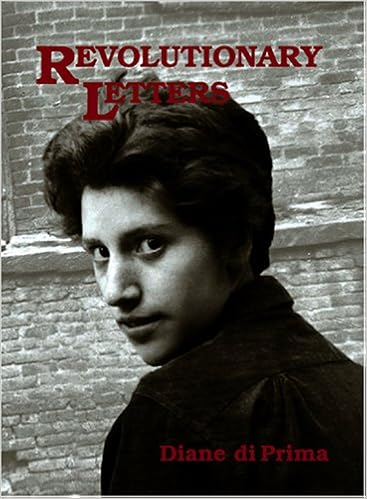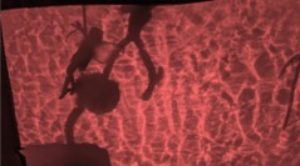Poetry Activism: Changing the World in Your Head
Dec-2017
Many authors say they write because they have to. I often look to writing as a form of activism – poetry activism – and more specifically for me, I agree with what Philip Schultz writes in “Lines to a Jewish Cossack”:
“we write to undo the wrong we cannot alter in our lives”

Poet Philip Schultz
While this is not the only propulsion I have to write, I do resonate with this impulse. When I write, sometimes I have the selfish, narcissitic, or childish idea that I can figure out a historical anomaly of horrific proprortions, or that I might fix it. Maybe I want to erase something terrible or change the past, but how could I do this in a poem on my own? And yet, even though I cannot fix it (I know this going in) there is a way that writing undoes a wrong somehow, though it is neither logical or rational. Poetry activism – poetry acts -and I feel relief when I’m done: “the sound of sense” a poem makes when it feels rational and/or restorative despite not being factually so, although the extent to which the wrong is healed, rational or not, I’m unsure.
Alchemists like Paracelsus saw the artistic imagination as a transformative force. How can I undo a wrong I cannot alter? I think of Diane di Prima’s Revolutionary Letters #13:
put back the big trees
put back the buffalo
the grasslands of the midwest with their herds of elk and deer
put fish in clean Great Lakes
desire that all surface water on the planet

Poet Diane Di Prima
Neo-Romanticism had something similar in mind. When realism is dire or boring and naturalism is threatened by expansion of industry, neo-romanticism seeks to “liberate the experience” without the need for “summation” or wrapping it all up under one theme or even finding an answer (Times of Hate, Times of Joy, Lost Highway). This openness to insanity being a source of truth (Reconstructing the Beats) and the separation of ideas from historical reality, more is possible – a regenerative poetry!
It makes me think of Phil Ochs song, “The War is Over.” He says in his introduction to the song,
“Last June some of us in America declared the [Vietnam] war over from the bottom up, as a way to restore effectiveness after protesting… the words ‘indecent! indecent!’ lose their meaning, so we celebated the end of the war, and we’ve been celebrating ever since… it’s the use of absurdity, a form of street theater, rather than just straight moral protest, changing reality in your heads…”
At the same time, poetry activism can be informed by activism off the page, too.
Life informs work and work informs life: why give one breath and not the other? At times one side may be favored over the other; this seems natural. A fertile writing period for me came when I shadowed a Spartacist Socialist in Oakland, attending secret meetings at secret reading rooms to fight against unfair elections, mobilize labor unions, and send protest letters on behalf of falsely imprisoned activists internationally.
Nowadays most of my “activism” consists of teaching creative writing to disenfranchised women. A good friend of mine is interested in “art as social practice.” I wonder if it is important to move outside the realm of art – activism for activism’s sake rather than activism for art’s sake. I hope to make activism a bigger part of my life. As I continue to write, to imagine in a regenerative way, I want to make positive impressions on a one to one basis, too, through my labor as a person, not just as an artist… or perhaps the two are inseparable?
